Representative April Berg
In commemoration of our Elect Black Women project, we are celebrating the incredible candidates we supported in 2020 and the historic legislative wins they pioneered during 2021-22 legislative session.
Representative April Berg is the first Black woman to represent the 44th District of Washington in Snohomish County, which covers rural areas and the cities of Mill Creek, Snohomish, Lake Stevens, and part of Marysville. Previously, Rep. Berg was a small business owner, an aerospace worker, and a planning commissioner for the City of Mill Creek. She has served on both the Edmonds School Board and Everett School Board. In the State House, Rep. Berg serves on the Education and Local Government Committees, and is vice chair for the Finance Committee. Rep. Berg was the prime sponsor on five important bills that passed during the 2021-22 legislative session.
House Bill 1055 was Rep. Berg’s very first piece of legislation as a state representative. The bill extends the expiration date for reporting private timber purchases of 200,000 board feet or more to the state Department of Revenue, and also allows stumpage -- a price on standing timber and the right to harvest it -- to be taxed fairly at market value. As a resident and representative of Snohomish County, a largely rural county that relies heavily on timber for jobs and revenue, Rep. Berg said the bill “makes life easier for those in the timber industry to do their jobs.” The bill was signed into law by Governor Inslee on April 16, 2021.
Rep. Berg takes community input and impact seriously, and House Bill 1159 allows voters to expand the size of a fire protection board in their district from five commissioners to seven. The bill gives communities more control over who, and how many, represent them in their local fire protection commissions. Rep. Berg noted that “local governments like fire protection districts directly affect people's lives everyday. If we can make a common-sense change that helps them be more responsive to the residents they serve, we should get it done.” The bill was signed into law by Governor Inslee, effective July 25, 2021.
Gender equity is another focus of Rep. Berg’s, and House Bill 1273 requires all Washington state public and private schools, including charter schools, state-tribal compact schools, and public and private institutions of higher education to provide free menstrual products to students. As Rep. Berg noted, "4 out of 5 students in the US have either missed a class or know someone who's missed a class because of not having access to menstruation products. That really hit home for me because that's an education access issue that we can solve." Rep. Berg went on to explain how period poverty can cause complications far beyond missing class -- “Sixty-one percent of students have worn a tampon or pad for more than four hours because they did not have enough access to period products. That puts them at risk of infection and toxic-shock syndrome.” The bill was signed into law by Governor Inslee, effective September 1, 2021. Rep. Berg also noted that the bill uses gender inclusive language, and mandates the availability of menstrual products in gender-neutral bathrooms, or men’s rooms if gender-neutral facilities are not available. The bill was signed into law by Governor Inslee, effective September 1, 2021.
Rep Berg’s House Bill 1302 ensures all students enrolled in advanced classes receive college credit for their completion. Previously, ninth grade students in Washington state could take college courses but would not receive college credit for them, and this bill remedies that oversight. Rep. Berg said, “Students should get the same credit for the same work. It is only fair and is a small step to help us address college affordability,” explaining that dual credit classes are an effective tool for helping students graduate college faster and incur less debt. The bill also sets the maximum tuition fee for a credit-earning CHS course at $65, and requires information about CHS program courses to be included in high school class catalogs, helping students think ahead about course interests and making the classes more accessible. The bill was signed into law by Governor Inslee, effective July 25, 2021.
Rep. Berg is passionate about combating food insecurity, and her legislation, House Bill 1342, eliminates lunch copays for students who qualify for reduced-price lunches. A quarter of families in Washington state struggle with food insecurity, and almost half of all students in public schools across the state were enrolled in subsidized meal programs before the COVID-19 pandemic hit. Reduced-price school lunches alleviate a portion of the burden on food insecure families, but students are still obliged to pay a “lunch co-pay” -- a discounted price on their school lunch. House Bill 1342 removes the lunch co-pay, ensuring free meals for eligible students at school. “This bill lets us continue feeding hungry students in every school district across our state,” Rep. Berg said. “That’s the smart thing to do, and the right thing to do, so that all of our students have the chance to study hard and succeed in school and in life.” The bill was signed into law by Governor Inslee, effective July 25, 2021.


